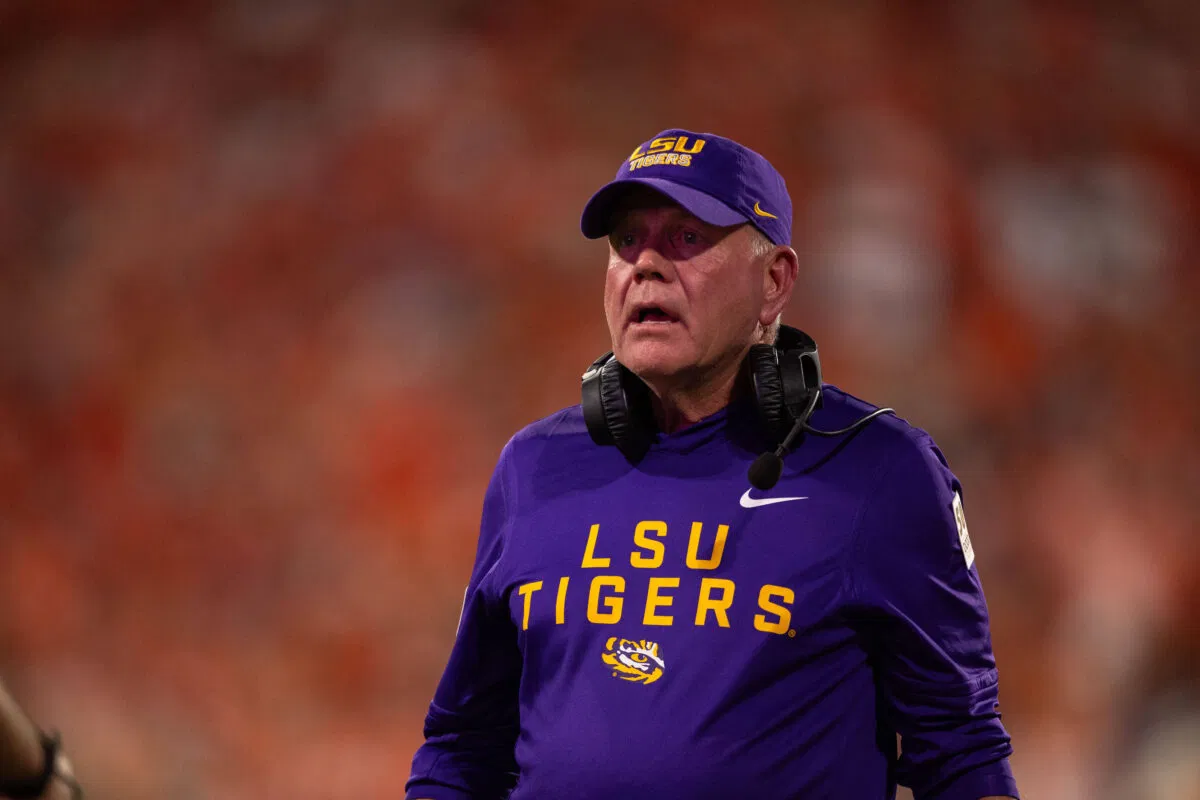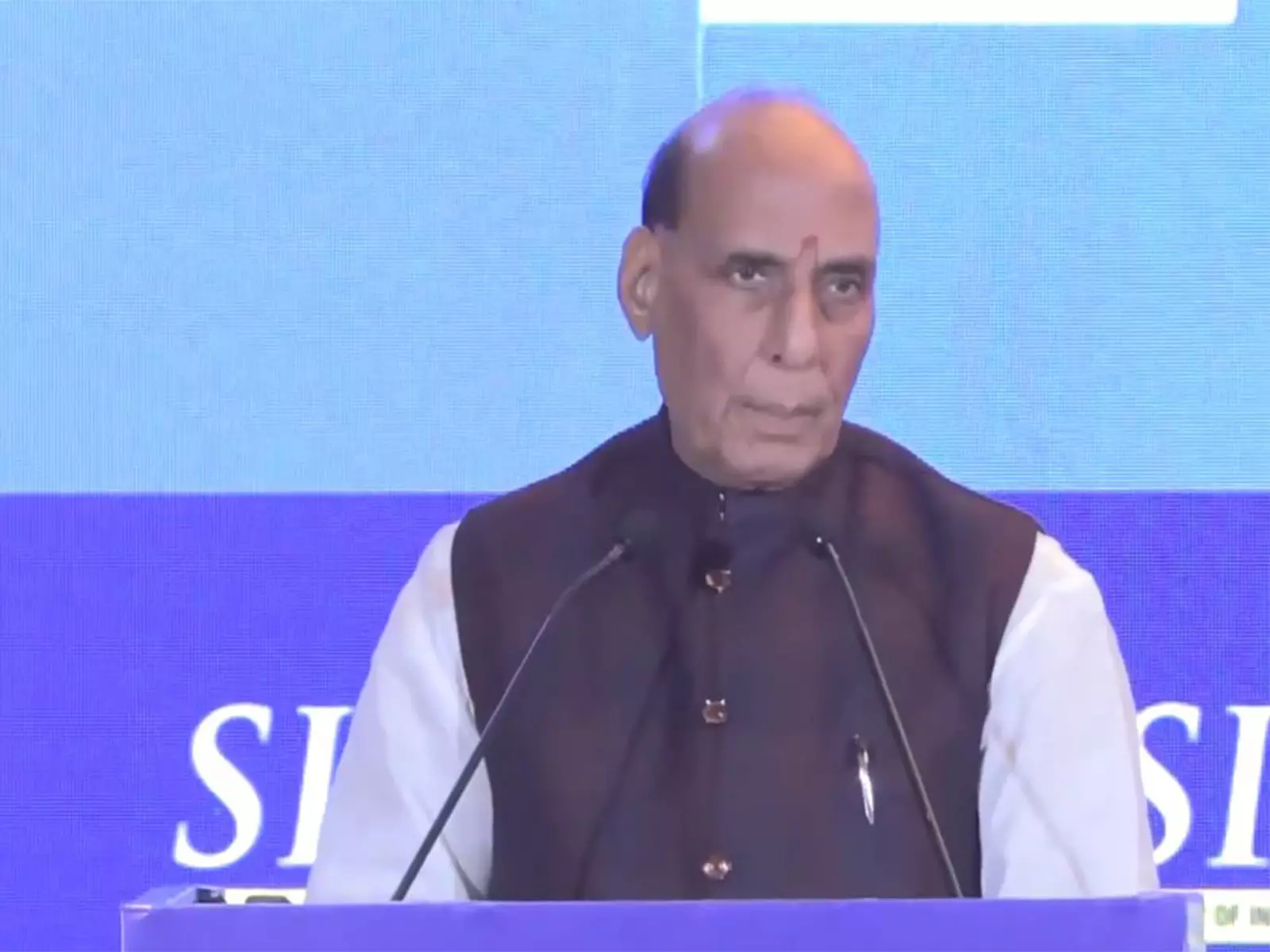Copyright Essentially Sports

Brian Kelly didn’t get fired at LSU because he lost football games, though losing did eventually catch up to him. He got fired because, somewhere along the way, the winningest coach in Notre Dame history had transformed himself into what one current staff member diplomatically called “Where’s Waldo?”, a phantom head coach lurking in the organization but barely making an appearance. Kelly’s CEO-style approach to coaching had always worked in the past, at least on paper. But what actually troubled people around the program most wasn’t the coaching carousel or even the losses. It was Brian Kelly’s absolute absence of basic human interaction with the people who worked for him and played for him. According to current and former LSU staffers who spoke to The Advocate, Brian Kelly’s disconnection with his staff was genuinely shocking. “My first four weeks here, I didn’t see him,” one current staff member told Wilson Alexander of The Advocate. Another joked that it felt like playing “Where’s Waldo?” to find the head coach. One former staff member said he could count on two hands how many team-wide staff meetings took place in his three-plus years with the program. At his previous school, the head coach held a morning staff meeting every single day. “He would interact with you when he needed something,” a current staff member said. “He was great to deal with when you interacted with him. Cordial. Friendly. Great sense of humor. But it wasn’t often. I think people would have liked to see him more.” This was a head coach operating in a vacuum, and his staff knew it. The problem cascaded down to the players, and that’s where things got really uncomfortable. Brian Kelly was distant from his players in a way that felt almost callous. Multiple current and former LSU players said Kelly had poor relationships with them, to the point where some players said he didn’t even seem to know their first names. Recruiting became an actual problem because of this. Opposing schools literally used Kelly’s isolation as a recruiting tool against LSU, with rival coaches telling recruits, “He’ll never talk to you guys. He doesn’t even know the players’ names.” One LSU staffer confirmed that coaches literally “had to recruit around” their own head coach because he was such a liability in building relationships with players. One parent of an LSU player didn’t meet Brian Kelly for almost a year after his son joined the program. When they finally did speak, it was just the second conversation they’d ever had, even though the kid had been on the team the entire time. “It was just strange,” the parent said. “People would ask me, ‘What kind of guy is he?’ We didn’t know.” That’s not the mark of a coach who’s just busy. That’s the mark of a coach who’s either uninterested or incapable of mustering the emotional investment that college football demands. The disconnect became even more glaring in specific moments that should have been straightforward for any head coach. Before the 2024 season, LSU was eager to retain defensive tackle Maason Smith, a crucial defensive piece. A donor involved in LSU’s NIL operations suggested to Brian Kelly that he should personally call Smith to reassure him during a time of uncertainty. Kelly’s response? “That’s a great idea. If you have his phone number, please share it with me,” he told the donor. The donor’s immediate thought was devastation. Read Top Stories First From EssentiallySports Click here and check box next to EssentiallySports Here’s the head coach of LSU, the coach whose name is on the equipment, and the coach running the entire program. asking for a player’s phone number like it’s some random 3-star recruit he’s never met. “It seems odd that I have his phone number and you don’t,” the donor thought to himself. Smith eventually turned pro. That moment shows the larger issue. Kelly had become so removed from his own program that basic, fundamental aspects of being a college football coach had simply fallen through the cracks. What made it all worse was that Kelly apparently tried, in his own way. He wanted to connect with players. But according to staffers, “he didn’t try hard enough.” One former staff member summed up what many felt: “If you love them up, they’re OK with being screamed at and yelled at because they know you really care. I feel like that was a blind spot, for sure.” One LSU staffer put it bluntly: “He really stripped the culture of what this place is. You know this place is not regular, man.” That same staffer added something particularly cutting: “He just lacks the authenticity. And I don’t want to dance on his grave, like I see a lot of people doing, but you could almost tell that he cashed out here.” That ‘cashed out” might be the most damning assessment of Kelly’s LSU tenure. Not that he failed tactically. Not that he couldn’t adapt. But somewhere along the way, he stopped being fully invested in being a college football head coach in Baton Rouge.



